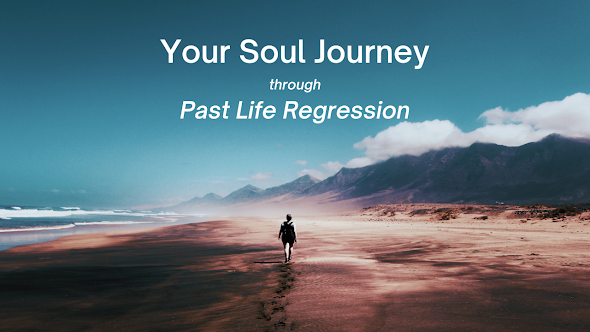How to deal with Guilt
Feelings of accountability for earlier actions or choices can give rise to the complicated emotion of guilt. While guilt sometimes serves as a good reminder to act morally in the future, it can sometimes become overwhelming and interfere with daily living.
Determine the cause of your guilt: Knowing the cause of your guilt will help you choose the best course of action. You should consider what caused the issue and why you feel bad.
Forgive yourself: Forgiving yourself is essential for moving past guilt. Recognize that everyone makes mistakes and focus on what you can learn from the experience. Remember that self-forgiveness is a process and may take time.
Make amends: If your guilt is related to actions that have caused harm to others, make an effort to make amends. Apologize and take steps to repair the relationship or correct the situation.
Focusing on the present: Although guilt frequently has roots in the past, it's crucial to pay attention to both the present and the future. Instead of dwelling on previous failures, seize the chance to improve the present and the future by learning from them.
Request assistance: Talking to a therapist, a close family member or friend member, or a third party can give you a safe space to process your emotions of guilt.
Practice self-compassion: Be nice and compassionate to yourself, just as you would a good friend. Recognize that mistakes are inevitable and treat yourself with kindness.
Practice self-care: Self-care practises, such as yoga, mindfulness, exercise or pursuing hobbies, can help to lessen stress and feelings of guilt.
To sum it up, overcoming guilt includes identifying the root of the guilt, forgiving self, making amends if required, living in the moment, getting help, cultivating self-compassion, and taking care of yourself. Keep in mind that recovering from guilt requires time and work, but it is attainable with the appropriate strategy.




Comments
Post a Comment